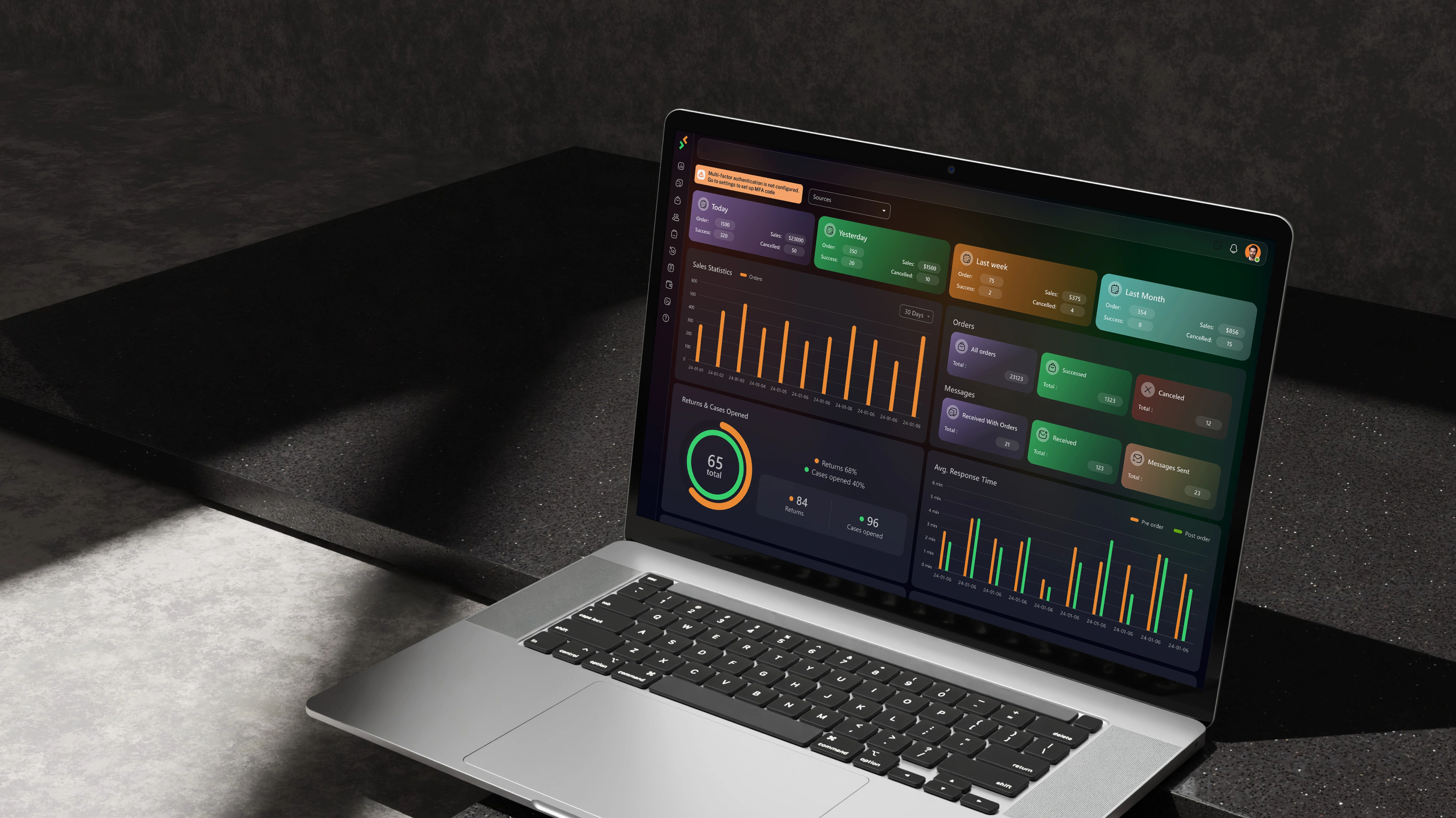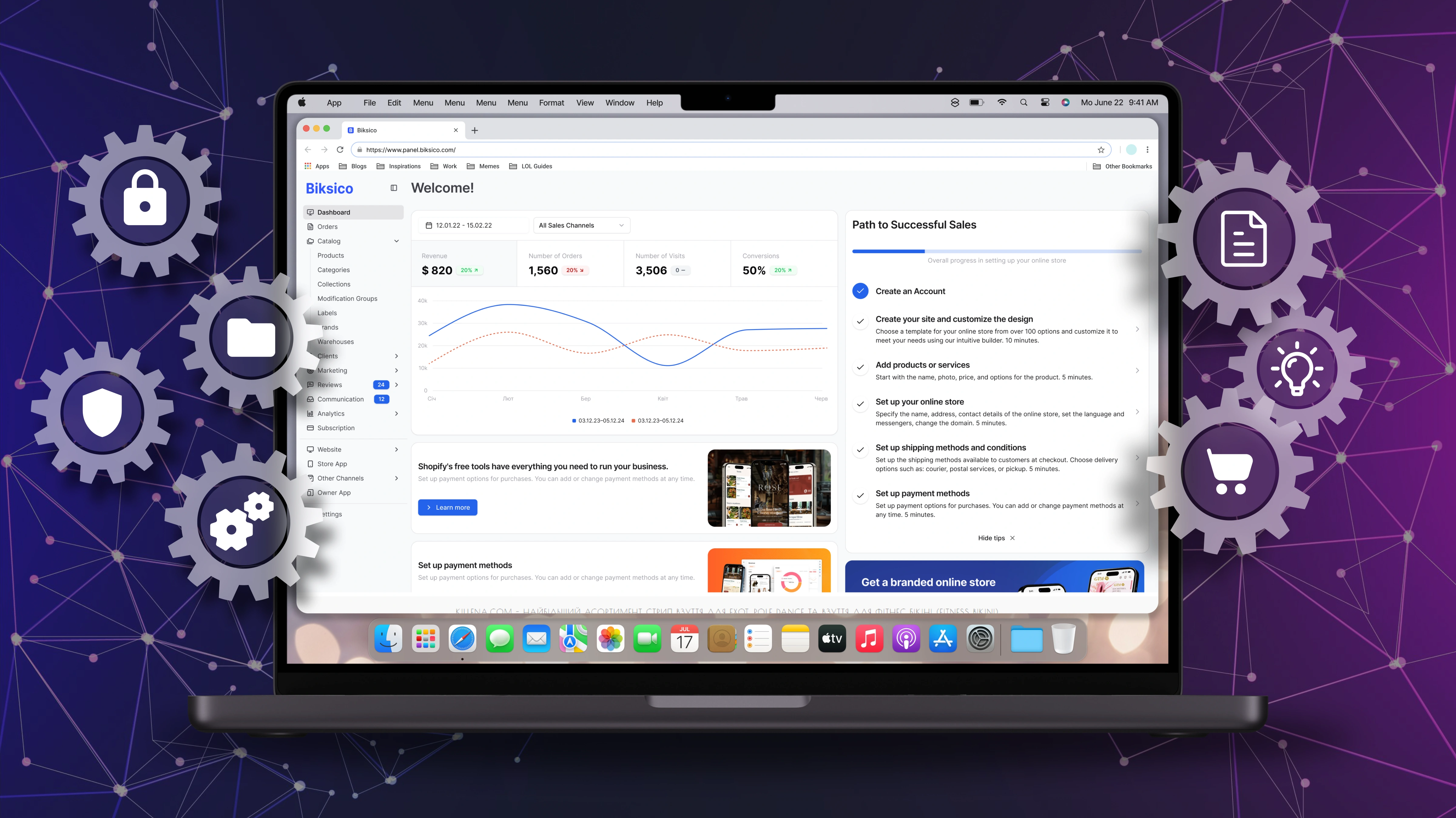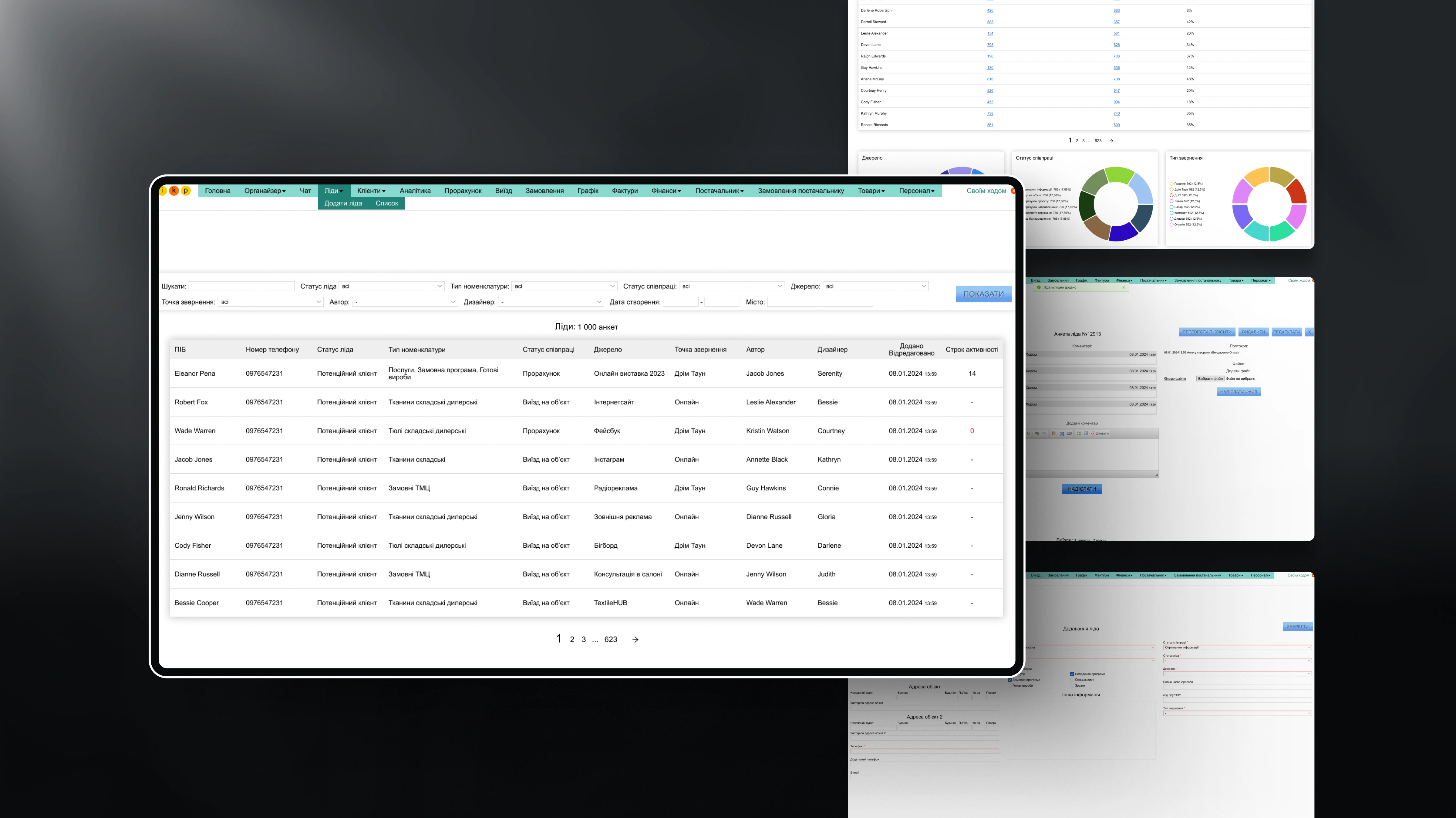
In today's business environment, CRM systems (Customer Relationship Management) have become a key tool for effective customer relationship management. Small and medium-sized businesses (SMBs) need optimal solutions that will help automate processes, improve productivity, and increase revenues. In this article, we'll take a closer look at how to choose a CRM system that meets the needs of your business.
What is a CRM system and why is it important?
A CRM system is software that allows businesses to manage customer interactions, store sales information, analyze data, and automate business processes. The main advantages of CRM for small and medium-sized businesses:
- Process optimization. You can automate repetitive tasks such as generating reports or sending emails.
- Improved customer service. Saving a complete history of interaction allows you to better understand customer needs.
- Increase sales. CRM helps to effectively manage leads and analyze conversions.
Key factors in choosing a CRM for SMBs
Before you start looking for a CRM system, it's important to identify the key needs of your business. Here are the main factors to consider:
1. Business size and scalability
Small and medium-sized businesses often grow at a rapid pace. When choosing a CRM, make sure the system can scale with your business.
Can the system handle an increased number of users?
How does the system handle large amounts of data?
2. Functionality.
Key features to look for:
- Contact management.
- Lead and deal tracking.
- Marketing automation.
- Integration with other tools (e.g., accounting programs, messengers).
3. Ease of use
Small businesses often have limited resources for staff training. Choose a CRM with a user-friendly interface and clear structure.
4. Cost
For SMBs, the price of a CRM is a critical factor. Consider:
- The initial cost.
- The monthly fee.
- Additional training and integration costs.
5. Customer support.
Make sure the provider offers quality technical support and access to a knowledge base.
The most popular CRM systems for small and medium-sized businesses
1. HubSpot CRM.
Main advantages: Free plan, rich functionality, integration with marketing tools.
Who is it for: Small businesses that are just starting to use CRM.
2. Zoho CRM
Main advantages: Flexibility, low price, integration with other Zoho products.
Who is it for: Businesses that need a scalable solution.
3. Pipedrive
Main advantages: User-friendly interface, sales-oriented.
Who is it for: Companies that focus on sales automation.
4. Salesforce
Main advantages: Largest number of features, suitable for a variety of industries.
Who is it for: Medium-sized businesses with a large amount of data.
How to implement a CRM system?
After choosing a CRM, it is important to implement it correctly. Here are the main steps:
- Setting goals. Understand what tasks CRM should solve.
- Staff training. Conduct trainings for employees.
- Data migration. Transfer information from other systems or spreadsheets to CRM.
- Integration with other tools. Set up synchronization with existing software.
- Testing. Conduct a test period and eliminate errors.
Benefits of using CRM in SMBs
Using CRM brings the following benefits to small and medium-sized businesses:
- Increased revenue. CRM helps to work with clients more efficiently and close more deals.
- Saving time. Automation allows you to focus on important tasks.
- Improved analytics. The system provides detailed reports for making informed decisions.
Choosing a CRM system for small and medium-sized businesses is an important step that can significantly affect the success of your company. Carefully analyze your needs, test different solutions, and choose the system that best suits your goals.
Don't forget that CRM implementation is not only a technology, but also a strategic decision that requires the support of your team. With the right system, you can take your business to the next level!



